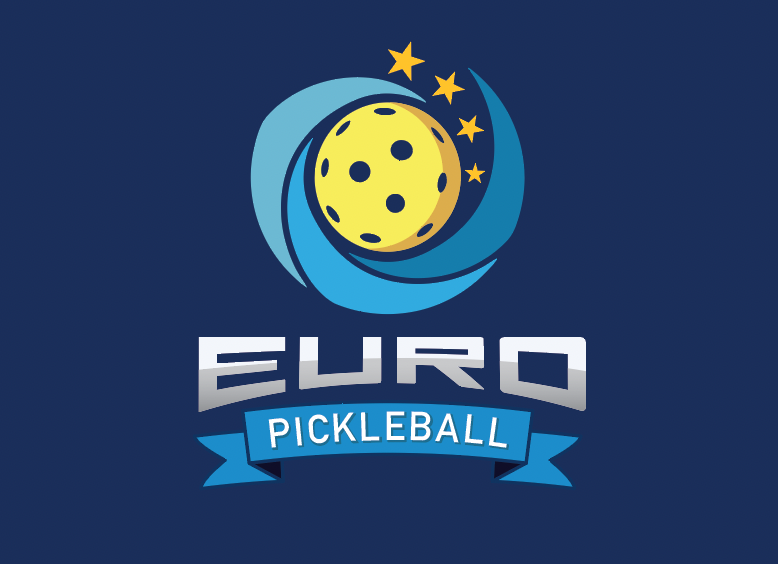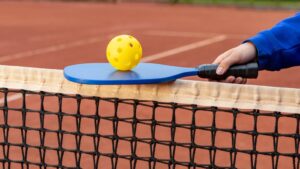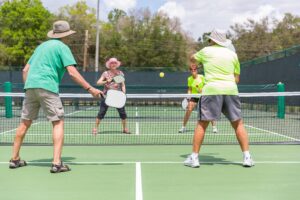
How can adaptive equipment contribute to creating a more inclusive and accessible environment for disabled individuals in pickleball?
Empowering Disabled Pickleball Players: Discover Adaptive Equipment for Limitless Fun!
Pickleball is a game that prides itself on being inclusive and accessible to players of all ages and abilities. With the right adaptive equipment, disabled individuals can participate fully in this fast-growing sport. Whether you have a physical disability or limited mobility, several adaptive gear options are available to ensure you can enjoy pickleball to the fullest.
1. Wheelchair Pickleball
If you use a wheelchair, there are wheelchair-specific pickleball equipment options available. Wheelchair-specific paddles are designed with a longer handle and a shorter reach to enable players to maneuver the wheelchair efficiently while maintaining control. These paddles often have a larger face for increased hitting area.
2. Pickleball Gloves
Pickleball gloves offer additional grip and support, making them an excellent adaptive accessory for players with hand impairments or limited dexterity. These gloves provide a firmer grasp on the paddle handle, allowing for better control and accuracy during gameplay.
3. Ergonomic Paddles
Some players may experience wrist, arm, or shoulder issues, making it difficult to grip traditional paddles. Ergonomic paddles are designed with handles that provide extra comfort and reduce strain. These paddles typically feature a contoured grip or cushioned handles that help distribute pressure more evenly.
4. Ball Machines
For players who have difficulty with mobility or limited stamina, a ball machine can be a game-changer. These machines automatically feed pickleballs, allowing players to focus on their shots and movements without the need for constant retrieval or assistance. Ball machines can be set at different speeds and angles, providing versatile training options for players with varying abilities.
5. Court Modifications
Modifications to the pickleball court can enhance accessibility for disabled players. Some adaptations may include wheelchair ramps, wider gates, or painted lines to indicate specific playing zones. These modifications ensure that everyone can enjoy a fair and inclusive game.
Pickleball is not just a sport; it is a community that values diversity and inclusivity. With the help of adaptive equipment and court modifications, disabled individuals can actively participate in pickleball and experience the joy, competition, and camaraderie the sport brings to its players.
If you or someone you know is interested in playing pickleball but has concerns about mobility or certain disabilities, don’t hesitate to reach out to your local pickleball community or seek guidance from adaptive sports organizations who can provide further insights and assistance.
Remember, pickleball is for everyone, and with the right adaptive equipment, the possibilities for disabled players are truly limitless!
For more information about pickleball and its inclusive community, visit www.pickleball.com.




